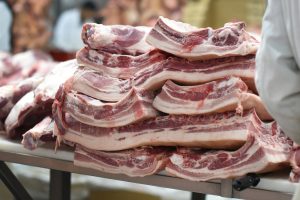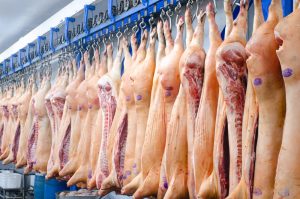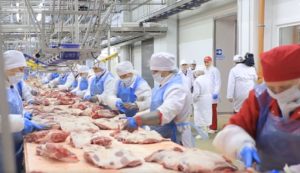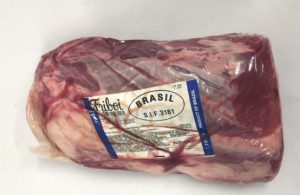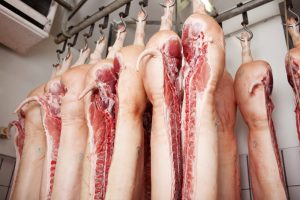Beef recalled due to incorrect use-by dates
A second recall of beef products on the Isle of Man was due to an issue with use-by dates, the Isle of Man’s meat plant has confirmed.
The environment department ordered Isle of Man Meats to destroy more products last week, following an investigation after an earlier recall in January.
The government-owned firm, which is run at arm’s length, said there was “no concern” the goods were “contaminated”.
Some products had been on sale at Tesco and customers have been urged to check and return the items where necessary.
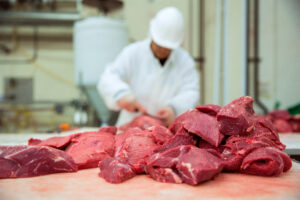
Isle of Man Meats, which runs the island’s abattoir, destroyed some products as a “precautionary measure” after production delays were caused by a machine breakdown between Christmas and early January.
In a statement, Isle of Man Meats said it wanted to “add some clarity” to the Defa announcement, which had cited concerns about processing practices.
The company confirmed all the recalled items were from the same batch – batch 19625 – and included minced and diced beef with use-by dates between 5 and 7 February, and carvery joints with the use-by date of 20 February.
Isle of Man Meats chairman Nigel Davis said the firm had “been undergoing a transformation programme”, which had seen “some significant changes at the plant” since early 2023.


